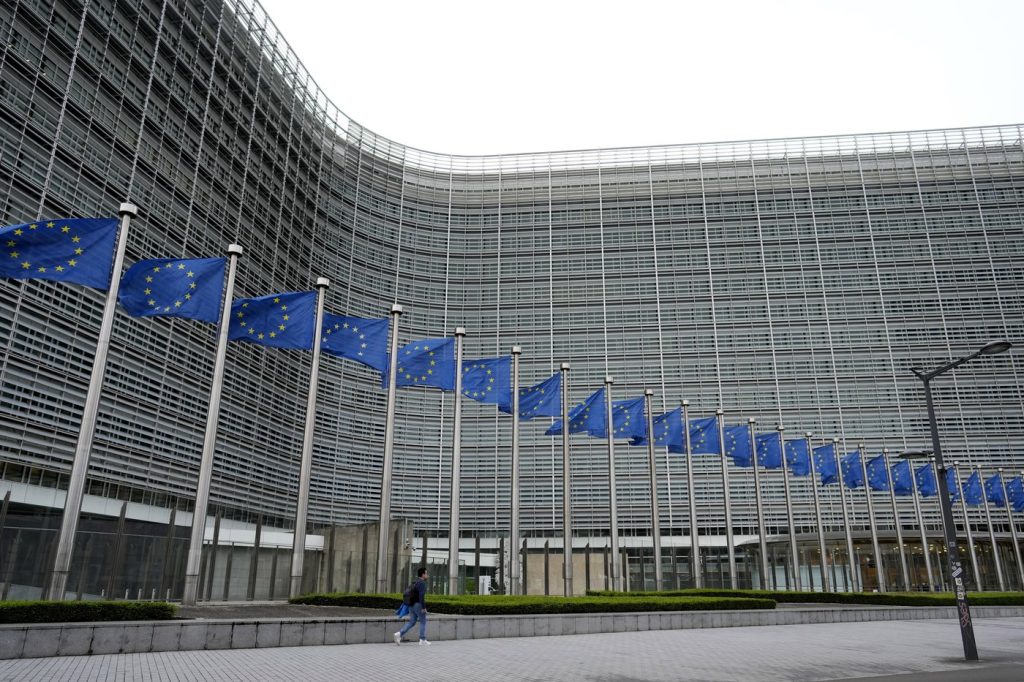OTTAWA – A crucial agreement regarding the export of Canadian green hydrogen to Germany is pending final funding decisions from Ottawa, as well as a ruling from European regulators on whether the initiative ensures adequate competition.
Canada and Germany celebrated the signing of a hydrogen agreement in August 2022, which was formalized when former Prime Minister Justin Trudeau and outgoing German Chancellor Olaf Scholz visited Newfoundland's west coast. This deal is positioned as a key step in meeting both nations' energy needs while fostering economic cooperation.
In July 2022, Canada and Germany jointly committed to an investment of $600 million to support this project. According to Global Affairs Canada, this funding aims to facilitate Canadian companies' access to German markets and to ensure Germany secures competitively priced clean energy products from Canada.
A recent statement from Stéphane Lessard, acting director general for European affairs at Global Affairs Canada, indicated that further funding might be necessary. During a panel discussion on German-Canadian trade on February 26, Lessard noted, “There are some funding decisions that need to be concluded.” This uncertainty comes amidst a backdrop of political challenges, including a Conservative filibuster that had stalled government spending discussions in Parliament before a prorogation by Trudeau on January 9.
The House of Commons is scheduled to reconvene on March 24, just a day ahead of what is anticipated to be an election call, potentially postponing any funding votes until at least May. It remains unclear whether the project will depend on already approved budgets. Global Affairs has directed inquiries to Natural Resources Canada, which has not yet provided clarification.
In tandem with funding, the project also requires a competitive auction process designed to allow Canadian firms to secure the rights to supply clean hydrogen to Europe. The agreed auction model aims to reduce the current high prices of hydrogen, which are not competitive against other energy forms. Global Affairs anticipates this auction process will commence by the end of 2024, contingent on the European Commission’s review of the proposed parameters, a review that has yet to take place.
German Ambassador to Canada, Tjorven Bellmann, expressed optimism for the project during the February 26 panel, stating that it is advancing but that European regulators need assurances of sufficient competition from the proposed framework developed by Canada.
Maria Ladouceur, spokesperson for Natural Resources Canada, affirmed that Ottawa has addressed all inquiries from European authorities and that a review of the auction parameters commenced in September 2024. Ladouceur highlighted that Canada is actively supporting Germany to accelerate this review process and that there is significant development in multiple hydrogen projects which is expected to enhance competition among Canadian producers.
However, Luuk de Klein, competition spokesperson for the European Commission, refrained from confirming if Canada adequately answered all questions. He emphasized the Commission's responsibility to ensure that government-funded projects do not create unfair competition for unsubsidized companies within the EU market.
According to the agreement’s terms, Canada bears the primary responsibility for increasing hydrogen production, while Germany is charged with developing a shipping infrastructure to transport this hydrogen across the Atlantic. Germany aims to replace its coal-fired power plants with hydrogen over the next 15 to 20 years and is heavily reliant on imports for its hydrogen requirements as part of its strategy to reduce dependence on Russian energy sources in response to the ongoing conflict in Ukraine.
Green hydrogen, deemed the most environmentally friendly form of hydrogen fuel, is produced through the electrolysis of water, using renewable electricity. Various hydrogen extraction initiatives are under consideration for Atlantic Canada, potentially involving the establishment of new wind farms to generate the necessary power for producing green hydrogen.
Hydrogen can also be obtained from natural gas, which emits greenhouse gases. If these gases are not captured, the result is termed grey hydrogen; if they are collected and stored through carbon capture, it is classified as blue hydrogen. Germany’s hydrogen strategy predominantly favors green hydrogen for its sustainability and low carbon footprint.











